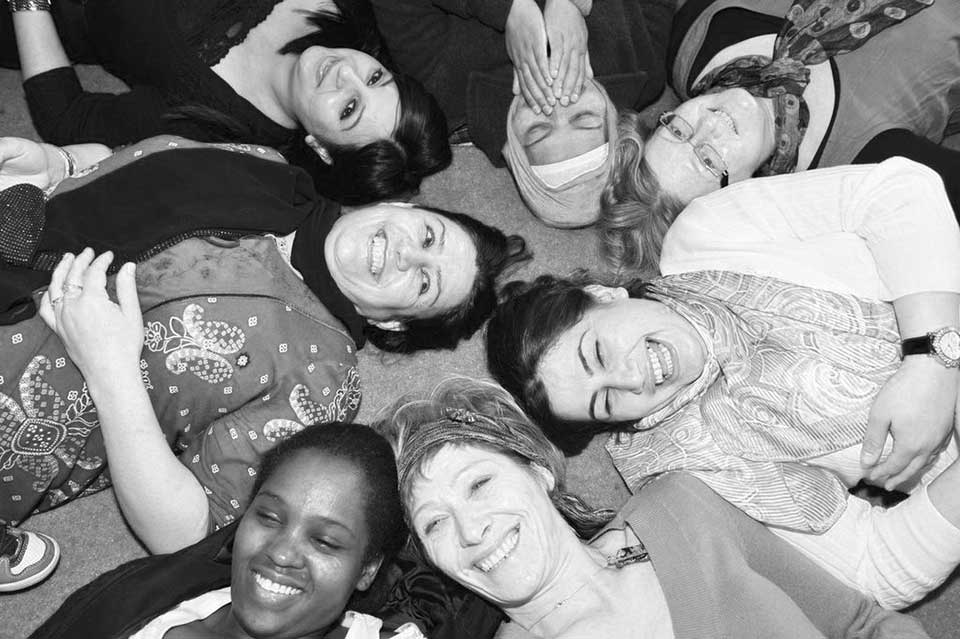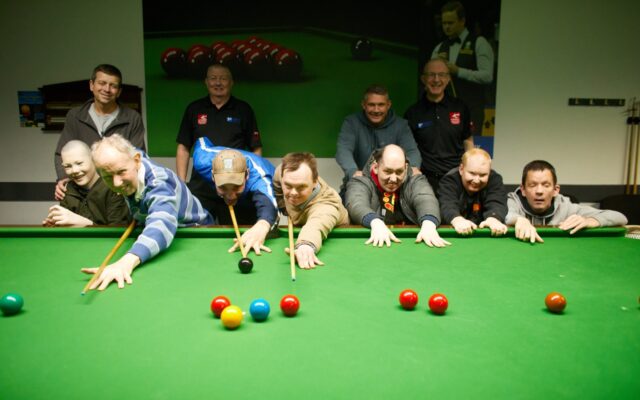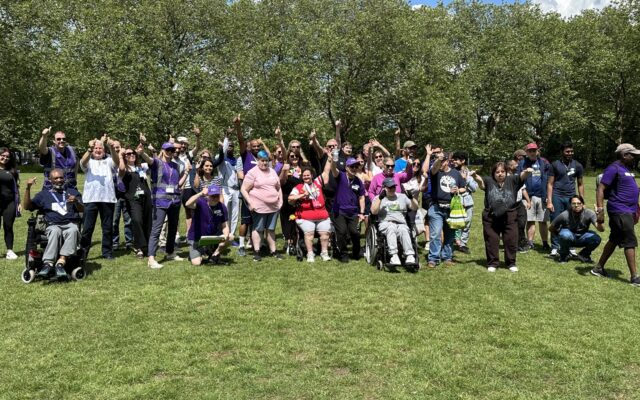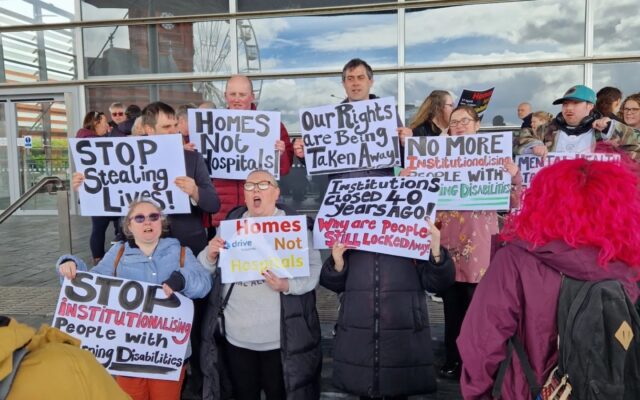
Circle of strength: women are there for each other at WomenCentre – Image Women at the Centre
The early part of my working life was spent focused on trying to solve the problem of how to shift power and money into the hands of disabled people and families.
I tried to do this in London in the early 1990s, with limited success, then more effectively later on with Inclusion Glasgow, where we used individual service funds to help design personalised support to get people with complex needs out of Lennox Castle Hospital in Glasgow.
Later on, I applied this kind of thinking at local government level and I was very involved in the development of what we called personal budgets.
However, from 2009, my working life changed radically. I was thought to be too critical of the government-led implementation of personal budgets and, suddenly and unexpectedly, found myself having to fend for myself. I went from having a team of people around me to being alone.
I began to suspect my focus on a shift in financial power was far too limited. There is also the power we make when we come together as equals
As many have found, in times like those you quickly find out who your friends are. Few of my more recent friends wanted to be associated with me; mostly, it was my old friends, people I’d worked with when things were tough, who stuck by me and tried to help.
One amazing exception to that pattern was Clare Hyde. She was a new friend who was leading work on personalisation in mental health and had been one of the developers of WomenCentre in Halifax.
Together, we went on to write the book Women at the Centre (2011) and I learned so much from her and all the other women she worked with.
Critically for me, I learned the power of peer support. WomenCentre did not have the money to create personal budgets. Although the women they supported were often going through hell, experiencing a whole array of connected problems, there was no money to really help them.
Instead, WomenCentre used the power of peer support – women helping women. This was found in the relationship of equality between the women who were paid and those who were struggling; it was also found in the way women who had come through on the other side of their torments came back as volunteers, mentors and supporters in WomenCentre.
I began to suspect that my focus on a shift in financial power was far too limited. There is also the power we make when we come together as equals. This is what WomenCentre created.
About the same time, I was also lucky to meet Kelly Hicks. Hicks had left her secure job as a social worker and set herself up independently in Doncaster to try to help people.
Outside the system
From the very beginning, she recognised that the most disempowering thing the system does is fail to recognise the gifts and talents of people with disabilities and mental health problems.
She also saw the key to unlocking those gifts was not in changing the system but in helping people work together outside the system – through peer support.
Over the past 10 years, I’ve been able to carry on working with Hicks and the group she founded, PFG (People Focused Group) Doncaster.
It remains the most inspiring thing I am involved in, always bringing joy, even when often they have to deal with the most significant human problems.
Last year, I was able to carry out some research on behalf of the group and we published Growing Peer Support (2021), which outlines the power of how PFG Doncaster works.
I can only touch on a few of their achievements but, to give you some idea, we estimated that if the state had tried to do what PFG Doncaster had done it would have cost £3.2 million. However, it received only £65,000 of income during that period.
We also studied an amazing service they had just started providing – an emergency service for people in crisis. This work has prevented suicide and kept people out of institutional care.
Looking back on my earlier work, I am afraid that I had underestimated the importance of peer support. Sadly, I think that means I also underestimated people.
Today, most of my time is focused on how we continue to build Citizen Network as a system of peer support.
At Citizen Network, we are trying to create systems of peer support to help solve some of the gravest problems facing the world today.
For example, we helped set up the UBI Lab Network, an anti-poverty campaign with 45 labs around the world, working to advance the case for universal basic income to provide economic security for everyone.
We also founded the Neighbourhood Democracy Movement, which is working to help neighbourhoods reclaim their power and create welcoming communities for everyone.
I am still involved in work to advance personal budgets globally through the Self-Directed Support Network, which is part of Citizen Network.
It is not always easy to change your life – or the world – but it’s a lot easier if you have peer support.
Citizen Network: www.citizen-network.org
Further reading – Duffy S. Growing peer support. Peer-led crisis support in mental health. Sheffield: Centre for Welfare Reform; 2021
Duffy S, Hyde C. Women at the centre. Sheffield: Centre for Welfare Reform; 2011. https://citizen-network.org/library/women-at-the-centre.html





